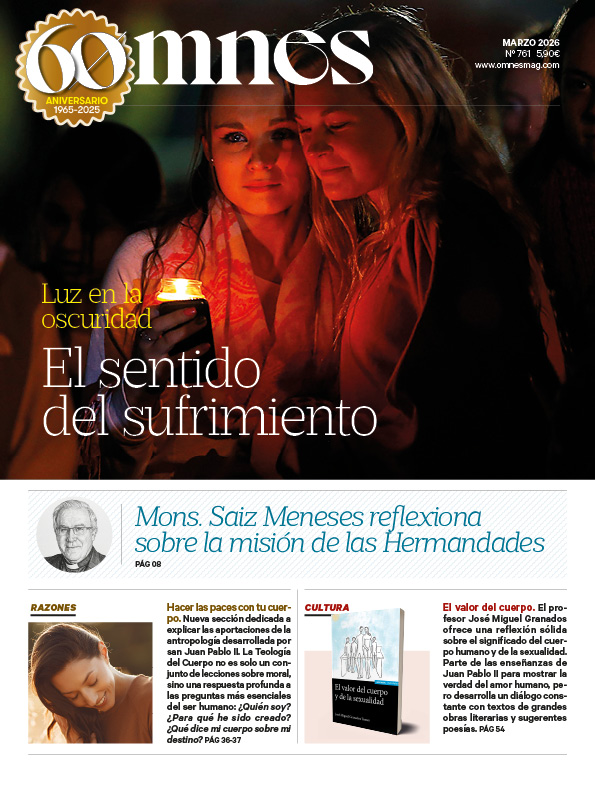These terrible words of Our Lord "I don't know who you are." appear in today's Gospel (Lk 13:22-30) and in Christ's parable of the wise and foolish virgins in Matthew 25. "I don't know you.". In today's Gospel they are literally "I don't know where you're from"but the idea is the same. Here we have two groups of people who should have "met" Jesus, had the opportunity to do so, and are condemned for not having taken advantage of this opportunity.
In the parable of the virgins, the foolish ones hear these words when they are excluded from the feast, arriving to find the door closed after having gone to fetch oil at the last minute. The oil symbolizes in many ways their union with Christ, or lack thereof. They had no oil, so their flame did not burn in their hearts. They wanted the fun of the feast, the external, but without being on fire with the love of the Bridegroom who really makes the feast. In a way, they belonged to the bridegroom's entourage - they were among the ten bridesmaids - but they were satisfied with a superficial relationship with him, for the "perks", and never tried to really know him, or for him to know them.
In today's Gospel the context is different, but the reality is the same. What is at stake is the greatest thing that can be posed: salvation. Someone asked Jesus: "Lord, are there few who are saved?". Those foolish virgins were not saved: the door of salvation was closed to them. Here Jesus uses another image: that of a man who closes the door of his house. But this seems to be the definitive closing: who will be inside and who will be excluded? "Many will try to get in and won't be able to."says Jesus. And once excluded, they will beg for entrance, giving various arguments: "we have eaten and drunk with thee, and thou hast taught in our streets.". Once again, they think that a superficial knowledge of Christ, the simple fact of being in their neighborhood, is enough.
This time Jesus does not simply say "I don't know you". Give a more forceful answer: "I don't know where you're from.". As if to say: you were not even in my moral and spiritual world, I knew nothing about you or your origin. And in fact, Jesus knows the real world in which they lived: an evil world. "Depart from me all you workers of iniquity.". We cannot be content with superficial contact with Christ-for example, going (normally) to Mass on Sundays-while living immorally. "Knowing" Christ is not simply moving into His neighborhood. It is Him living in our hearts and inspiring how we live.







